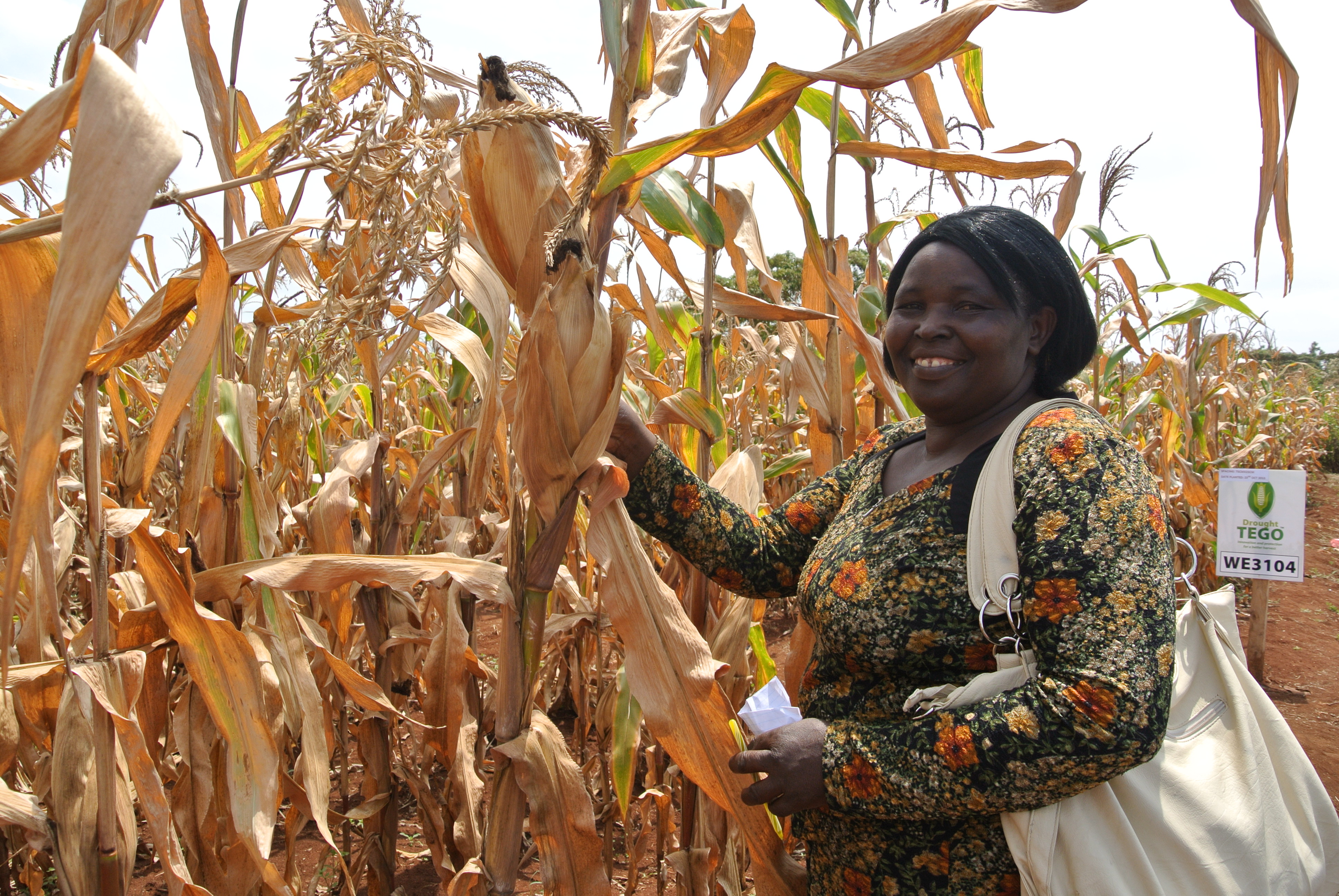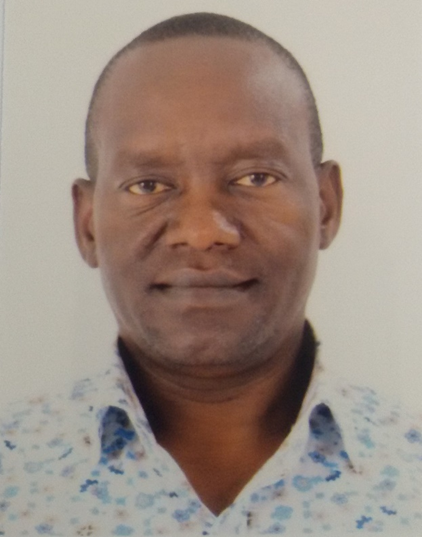
[Nairobi, Kenya, May 2024]: AATF and the African Union Development Agency- New Partnership for Africa’s Development (AUDA-NEPAD) have signed a Memorandum of Understanding (MoU) to foster a broader understanding of and support for genome editing as an important tool for enhancing agriculture and overall development outcomes such as adapting to climate change and reducing poverty, food, and nutrition insecurity through disease resistance and fortification of crops
The partnership agreement will support the development and enactment of supportive policies, development of innovative products, capacitation of institutions (human and infrastructure) and development of science-based regulatory frameworks to encourage trade and investments in 15 African Union countries.
According to Ms Nardos Bekele-Thomas, the Chief Executive Officer of AUDA-NEPAD, the agreement with AATF will promote a science-based approach to product development and regulation to ensure a coherent policy framework to innovation that can ably support industrialization. This will foster innovation and prevent regulations from unduly hindering emerging tools such as genome editing in member states working with Regional Economic Communities (RECs). Ms. Nardos Bekele-Thomas further noted that Africa’s greatest chance at attaining inclusive growth and development is through a science-led industrialization that effectively utilizes the Continent’s own scientific knowledge working with industry.
Dr. Canisius Kanangire, the Executive Director of AATF, noted that the partnership agreement with AUDA-NEPAD will enhance efforts to foster public trust in agricultural research and biotechnology to promote the development of locally tailored, science-driven genome editing innovations.
“We now have the opportunity to increase awareness among citizens about the impact of genome editing, thereby generating demand for products developed through biotechnology, which will boost productivity, improve household incomes, and bolster food and nutrition security. This partnership will enhance trust and confidence between researchers and farmers, the main users of agricultural research outputs,” Dr. Kanangire pointed out.
One of Africa’s pioneering genome-editing initiatives is the Striga Smart Sorghum for Africa project, which aims to develop sorghum varieties that are resistant to striga. Striga poses a significant threat to sorghum production, affecting up to 50 million hectares of cropland and negatively impacting the livelihoods of millions of smallholder farmers across the continent.
########
About AUDA-NEPAD
At the 31st Ordinary Session of the Assembly of African Union Heads of State and Government in Nouakchott, Mauritania, June 2018, a decision was taken to transform the NEPAD Planning and Coordination Agency into the African Union Development Agency-NEPAD (AUDA-NEPAD). The establishment of AUDA-NEPAD is part of the global reforms geared at improving the Union’s impact and operational efficiency. As Africa’s first-ever continental technical and development agency of the African Union, AUDA-NEPAD aims to accelerate the implementation of Africa’s 50-year development framework—Agenda 2063 towards a prosperous Africa which is driven by its own citizens and is globally competitive. Specifically, the Agency coordinates and executes priority regional and continental projects to promote regional integration towards the accelerated realization of Agenda 2063; as well as strengthen capacity of Member States and regional bodies in key identified areas, advance knowledge-based advisory support and undertake the full range of resource mobilization.
About AATF (www.aatf-africa.org)
Founded in 2003 to address Africa’s food security prospects through agricultural technology, AATF believes that the agricultural sector is a key foundational pillar as Africa consolidates its economic growth and carves out its new position as a major global economic powerhouse and the next growth market in the world. It was formed in response to the need for an effective mechanism that would facilitate and support negotiation for technology access and delivery and formation of appropriate partnerships to manage the development & deployment of innovative technologies for use by smallholder farmers in SSA:
For further information, please contact: Mr. George Achia, Communications Officer, East and Southern Africa, AATF; G.achia@aatf-africa.org ; +254 785 334163





















































































